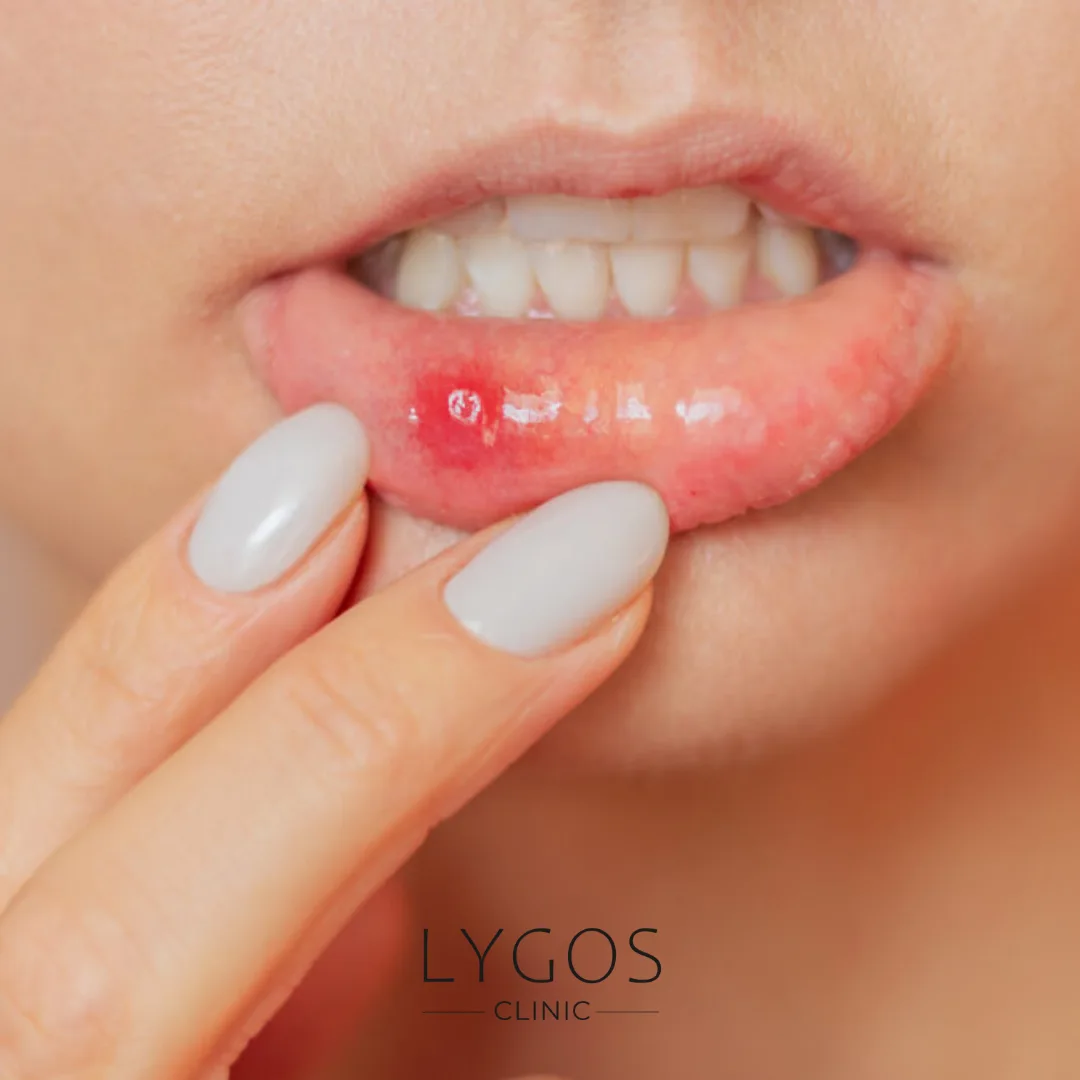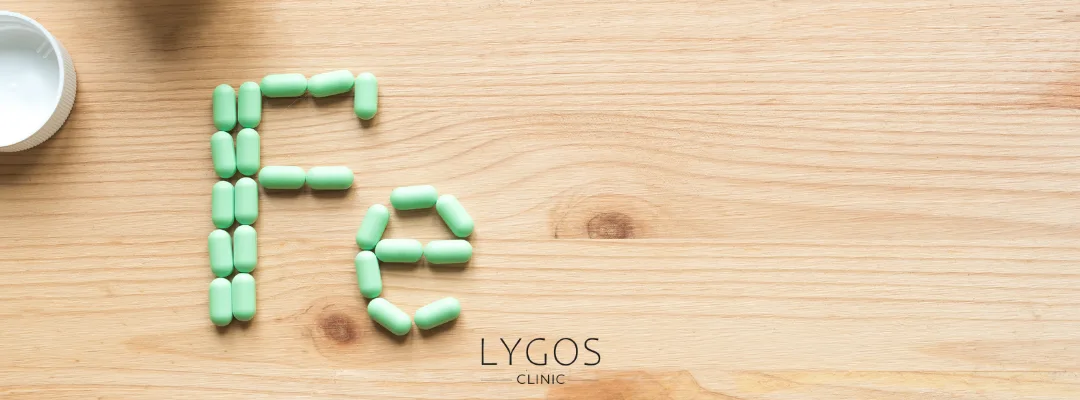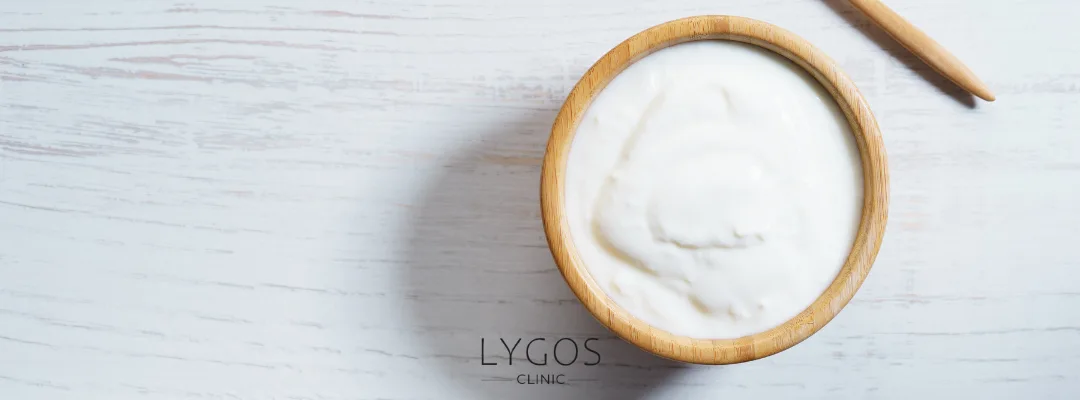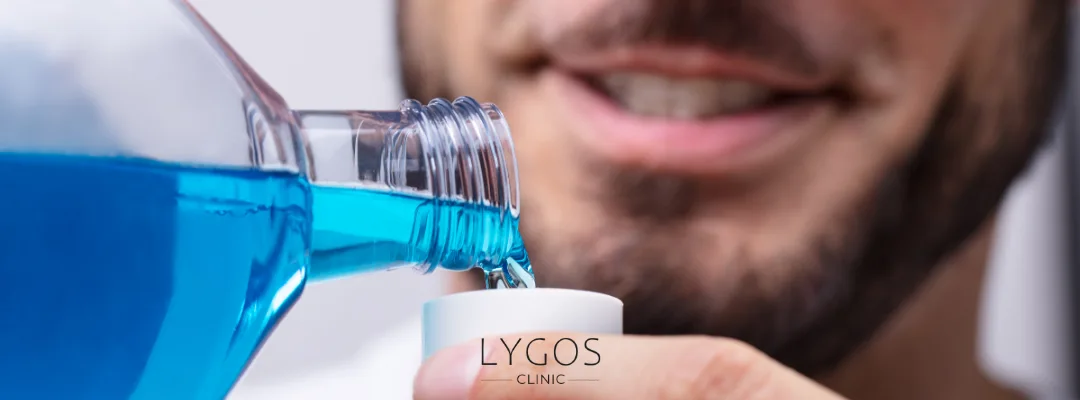What Is Good for Mouth Ulcers? | How to Prevent Mouth Ulcers?

Chose Your Topic
What Is Good for Mouth Ulcers?
Mouth ulcers are a common discomfort that almost everyone experiences at least once in their life. They can make speaking, eating, and even smiling difficult. Usually painful and irritating, many people often search for “What is good for mouth ulcers?” In this article, we will cover the causes of mouth ulcers, healing processes, and a range of treatments from natural remedies to medications.
How Do Mouth Ulcers Heal?
Mouth ulcers are small, painful sores that appear on the mucous membranes inside the mouth. Most of the time, they heal on their own within a few days to weeks. However, sometimes the healing process can take longer and affect daily life negatively. The answer to what helps mouth ulcers largely depends on the type, cause, and severity of the sores.
To speed up healing, it’s important to maintain good oral hygiene, avoid harmful habits, and use appropriate treatment methods. With the right care and treatment, mouth ulcers can heal faster.

What Is Good for Mouth Ulcers?
The answer ranges from natural methods to medical treatments. Here are some effective ways to relieve mouth ulcers:
- Saltwater gargle: Salt reduces bacteria in the mouth, lowering the risk of infection and promoting healing.
- Pain relief and antiseptic gels: Gels applied directly inside the mouth reduce pain and help sores close faster.
- Vitamin B12 and iron supplements: Correcting vitamin and mineral deficiencies that cause mouth ulcers can speed up healing.
- Soft and mild foods: Avoiding spicy, very hot, or hard foods prevents further irritation.
These and similar methods provide effective solutions for mouth ulcers.
Natural Remedies That Help Mouth Ulcers
Natural remedies are among the most commonly used for mouth ulcers. Herbal products and simple home methods can relieve pain and support healing. Some natural solutions include:
- Baking soda (sodium bicarbonate): Gargling with baking soda water balances the mouth’s pH and aids healing.
- Aloe vera: Applying aloe vera gel inside the mouth reduces inflammation and speeds tissue repair.
- Honey: Known for its antibacterial properties, honey applied on ulcers lowers infection risk and eases pain.
- Chamomile tea: Its antiseptic and soothing effects help ulcers heal faster when used as a gargle.
- Coconut oil: With antimicrobial effects, it supports the healing of mouth sores.
These natural methods can be especially beneficial for mild mouth ulcers.

Foods That Are Good for Mouth Ulcers
Nutrition also plays a key role in healing and preventing mouth ulcers. Foods that support healing and protect against ulcers include:
- Yogurt: Probiotics balance the oral flora and accelerate healing.
- Leafy green vegetables: Spinach, kale, and others rich in folic acid help prevent ulcers.
- Vitamin C sources: Oranges, tangerines, strawberries boost immunity and help sores close faster.
- Vitamin B complex: Whole grains, meat, and dairy are rich in B vitamins and help heal ulcers.
- Drinking plenty of water: Preventing dry mouth keeps mucous membranes healthy and supports healing.
Balanced and healthy nutrition is one of the most lasting solutions for mouth ulcers.

Medication for Mouth Ulcers
Sometimes natural remedies are not enough, especially for large, painful, or persistent ulcers. In these cases, doctor-prescribed medication may be necessary:
- Antiseptic mouthwashes: Prevent infection and speed healing.
- Topical corticosteroids: Reduce inflammation, ease pain, and shorten healing time.
- Pain-relief and local anesthetic gels: Applied directly on ulcers to reduce pain.
- Vitamin supplements: Especially B12, iron, and folic acid for deficiency-related ulcers.
Medication should always be used under the supervision of a doctor or dentist, as incorrect use can worsen ulcers.
How to Prevent Mouth Ulcers
Preventing mouth ulcers is just as important as treating them. Some tips to reduce the risk include:
- Maintaining regular oral hygiene with brushing and flossing to avoid bacterial buildup.
- Managing stress through meditation, exercise, or hobbies, as stress can trigger ulcers.
- Eating a balanced diet to prevent vitamin and mineral deficiencies.
- Avoiding acidic and spicy foods that irritate the mouth lining.
- Choosing toothpaste and mouthwashes free from irritating ingredients like sodium lauryl sulfate (SLS).
- Regular dental and medical checkups to maintain oral health and catch problems early.
These measures significantly reduce the likelihood of developing mouth ulcers.
Knowing what is good for mouth ulcers is crucial for daily comfort and oral health. From saltwater gargles and natural herbal remedies to nutrition and medications, many effective options exist to manage this condition. If mouth ulcers persist or become severe, consulting a healthcare professional is essential. With proper care, hygiene, and treatment, healing can be faster, and your quality of life preserved.
What Is Good for Mouth Ulcers? Frequently Asked Questions (FAQ)
Usually, they heal within 7–14 days, but sometimes can become chronic.
Saltwater gargles, local anesthetic gels, or applying ice can reduce pain. Antiseptic gels also help.
Recurring ulcers may be due to vitamin deficiencies, stress, or underlying health issues; consult a doctor.
Yes, aloe vera, chamomile tea, honey, and coconut oil can aid healing.
Maintain good oral hygiene, eat a balanced diet, manage stress, and avoid irritating foods.



